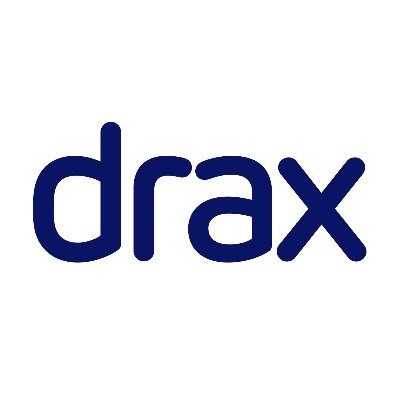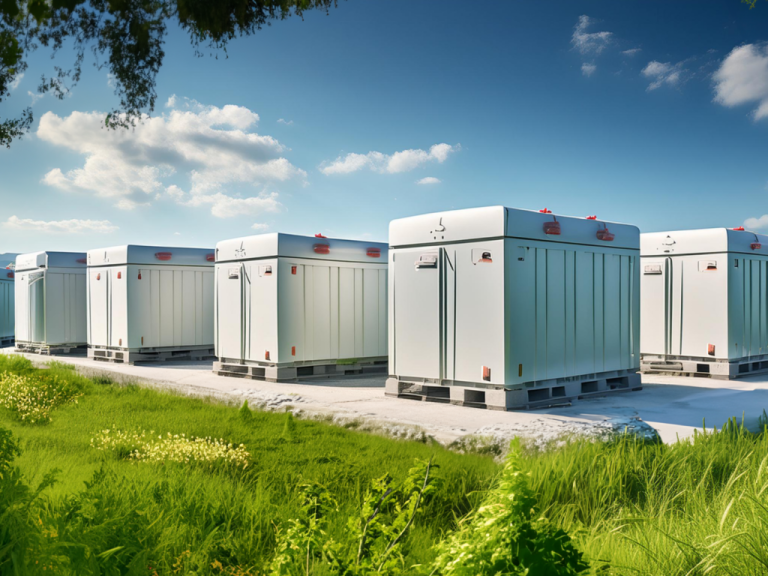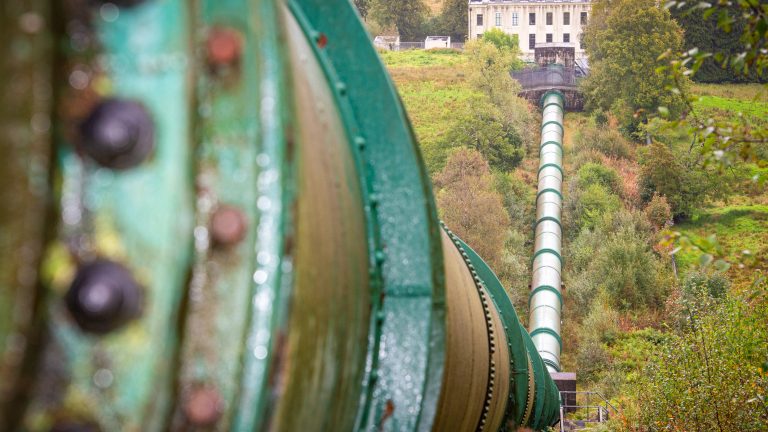Over the past year, Drax has been deploying a less conspicuous but strategically significant tool in its climate playbook—shifting rail freight to hydro‑treated vegetable oil (HVO). It’s an innovation in logistics, not just engineering, yet it raises the stakes for investor assessment of how far the company can extend its sustainability commitments into its own operations.
The core of the initiative involves replacing diesel on roughly 60 weekly biomass pellet trains arriving at Drax Power Station in Immingham. With DB Cargo UK as the logistics partner, that switch alone slashes freight emissions by up to 90%. For investors, that translates into an annual saving of around 20,000 tonnes of CO₂, equivalent to taking half a million cars off the road. But what matters beyond the emissions figure is that Drax is integrating scope‑3 emissions reduction into its long‑term net‑zero goals.
Drax doesn’t stop at the rail yard. A similar transition is now under way on its GB Railfreight lines, meaning all inbound biomass traffic to its flagship power station will be progressively cleaner. This move is well aligned with the company’s broader pledge to reach net zero across its entire value chain by 2040—a noticeably more ambitious target than the average in energy. Since 2020, Drax has already cut group supply‑chain emissions by 27%, but that means the remaining two‑thirds demand breakthrough technologies and bold concrete steps like HVO, wind‑assisted shipping trials, and renewable electrification of pellet plants. These are not window dressing, they reflect a hard‑edged approach to emissions that is now becoming woven into the corporate spine.
Behind this lies a strategic architecture: digital traceability via satellite‑based carbon measurement in sourcing areas and automated data gathering. These tools not only bolster credibility—they arm Drax with real‑time stewardship and risk‑management on forest carbon accounting. And that precision matters, because the biomass business remains under scrutiny for sustainability standards. Blockchain‑style traceability could prove decisive in supporting confidence from regulators, NGOs and markets.
There’s also a social dimension. Over one year, Drax donated £3.6 million to nonprofit groups and community projects, including naming two freight locomotives in partnership with its rail carriers, raising £30,000 for charity in the process. Such initiatives, especially when linked to logistics assets, send a subtle but powerful message: Drax is not merely decarbonising; it is embedding itself in community well‑being across its operational ecosystem. For investors, that signals better social licence and fewer emerging‑political risks.
Look ahead to 2025 and beyond, and what’s compelling is this: these supply‑chain improvements are no one‑off. They are part of an integrated sustainability framework that stretches from sourcing to shipping to community engagement, all aligned with the target of value‑chain net zero by 2040. The built‑in complexity and scale of biomass logistics means each efficiency gain carries compounding impact. It sets a foundation for Drax to pivot towards next‑generation carbon removal technologies like biomass with carbon capture and storage (BECCS) and possibly new markets like low‑carbon aviation fuel.
Importantly, the choice of HVO also offers a test case for scaling other operations, like shipping or plant electrification. If replacing diesel in rail works, why not extend that to barges or heavy‑haul vehicles? If data transparency works in sourcing, why not replicate it in supply‑chain contracting across geographies, including Drax’s North American pellet facilities?
Investors should interpret these developments as more than operational efficiency projects—they are converging signals of corporate transformation. Drax is mapping supply‑chain execution into net‑zero deliverables. It hints at disciplined capital allocation with a green premium. And it may present early signals of moat building: as logistics get cleaner, traceability tighter, community ties stronger, Drax makes it harder for competitors to replicate its carbon‑positive value chain at scale.
The challenge, of course, is consistency and scale. HVO supply must be secured at scale; wind‑assisted ships trialled successfully; satellite‑traceability deployed globally. But the company’s one‑year results—27% emissions reduction since 2020 and a 90% freight‑diesel displacement on trains—is not anecdotal, it is verifiable momentum.
On a broader level, this supply‑chain story helps to bridge the gap between lofty net‑zero ambitions and tangible operational wins. It’s the kind of tactical execution that underpins value creation, mitigating regulatory risk, enhancing reputation, and improving long‑term cost curves.
So when the market next runs the numbers on Drax, or if a subsidy renewal or biomass contract renewal is debated, note that this is not just rhetoric. It is strategic discipline. The logistics wolf that made pellets greener is now at the gate of broader supply‑chain decarbonisation. For long‑term investors, it is an indicator worth tracking.
In plain terms, Drax is an energy‑infrastructure group that burns woody biomass to generate electricity and is innovating in carbon‑removal pathways. It is in the middle of transforming how it sources, transports and accounts for every bit of emission in that process—while investing in communities.
Investors should watch whether scalable supply‑chain execution becomes a consistent part of the Drax story beyond rail, if it does, net‑zero confidence will shift accordingly.
Drax Group plc (LON:DRX), trading as Drax, is a power generation business. The principal downstream enterprises are based in the UK and include Drax Power Limited, which runs the biomass fuelled Drax power station, near Selby in North Yorkshire.







































